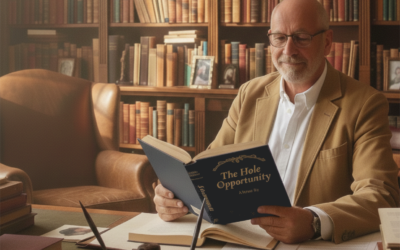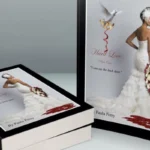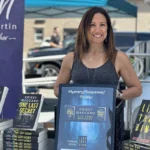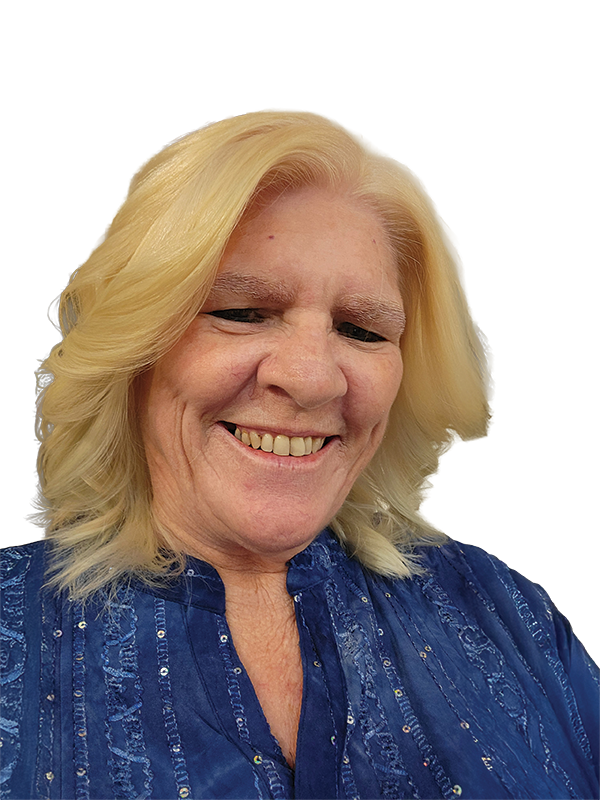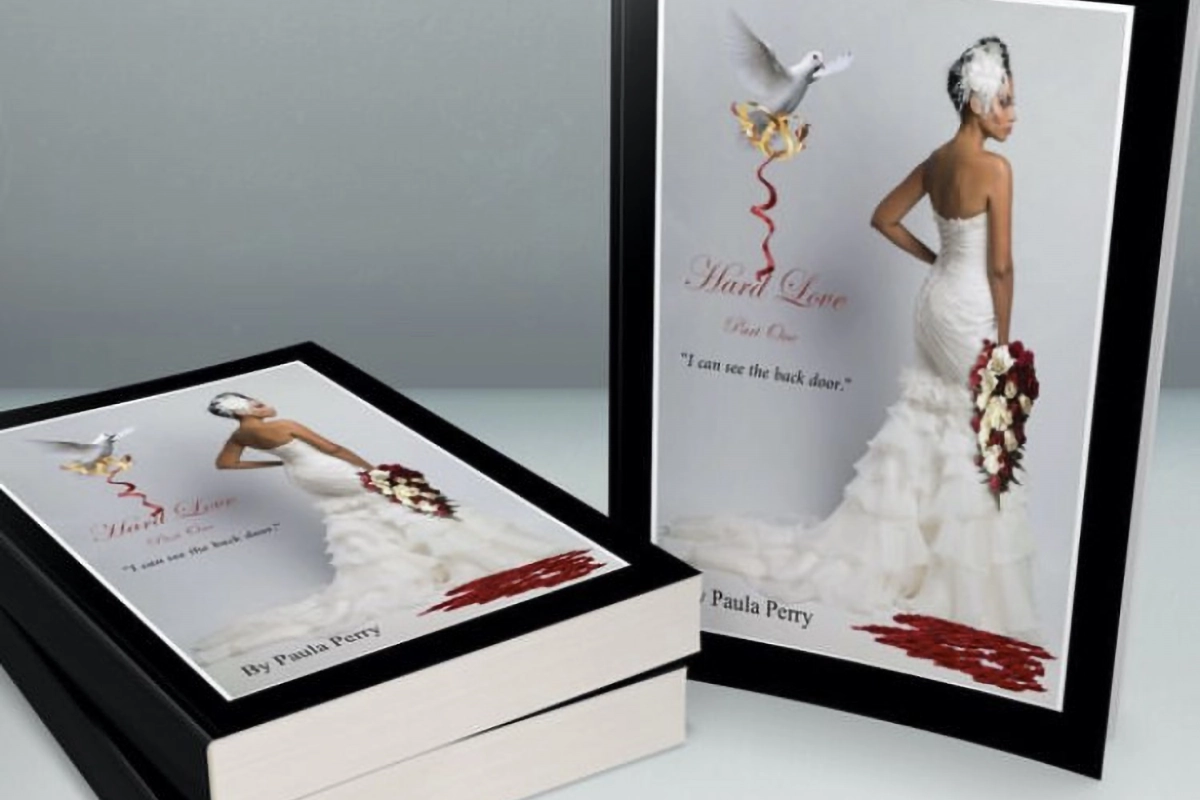Karen King Discusses Her Four Decades Of Writing, From Children’s Books To Psychological Thrillers

Exploring The Light And Dark Of Relationships Across Multiple Genres In Karen King’s Extensive Writing Career
Award-winning author Karen King shares insights into her diverse career, her approach to writing across genres, and the evolution of her storytelling.
Karen King’s remarkable career spans over four decades, during which she has delighted readers with her extensive portfolio, from children’s literature to psychological thrillers and women’s fiction. Celebrating the release of two new novels in 2025, Don’t Trust Him and The Runaway Wives, she has solidified her position as a versatile and prolific author. Known for her ability to craft intricate characters and explore the complexities of human relationships, Karen’s work resonates across a variety of genres, making her an exceptional figure in the literary world.
In this interview, we delve into Karen’s unique approach to writing, her transition between genres, and the deeply personal inspiration behind her exploration of family dynamics and psychological suspense. Whether drawing from her own life experiences or her years as a writing tutor, Karen shares valuable insights into the creative process that has enabled her to maintain such an impressive and diverse body of work. Her journey is a testament to the importance of adaptability and staying true to the heart of storytelling, no matter the genre.
A prolific author who masterfully blends the light and dark sides of relationships, capturing the complexity of human connections.
Your bibliography spans various genres, from children’s literature to psychological thrillers like The Mother-in-Law and The Stranger in My Bed. How do you navigate writing across such diverse genres, and what drives you to explore these different storytelling avenues?
For the first twenty or so years of my writing career I was a jobbing author, writing mainly to commission. I had a young family myself so writing for children and teenagers was a natural audience for me. Later, when my family had grown and fled the nest, I turned to writing romance novels, then psychological thrillers and now, with my latest book, golden years fiction. I don’t find it difficult to write for different genres. My mantra has always been ‘know your market, know your reader’ and I still apply this today. I always make sure that I study the market and the audience for which I’m currently writing. I think it’s important to be flexible and diversify as a writer because it stretches my imagination, keeps my writing fresh and helps prevent writer’s block.
“My mantra has always been ‘know your market, know your reader’ and I still apply this today.” – Karen King
The Perfect Stepmother and The Family Reunion delve into complex family dynamics. What inspires you to explore familial relationships in your narratives, and how do you approach crafting these intricate character interactions?
I am especially interested in family dynamics. I find it fascinating that we all start off as a helpless baby but our lives tangent in so many different ways. Even children in the same family group grow up with different personalities, different careers, different outlooks. Family relationships are something we can all identify with, we have all been part of a family of sorts, birth or otherwise, so have a personal insight into the joys and tribulations family life can bring. When a parent remarries the dynamics of a family change, especially if there is any resentment towards the newcomer. The same can be said when a child who has been adopted comes back to the family group. In both The Perfect Stepmother and The Family Reunion the new family members aren’t greeted with open arms and I explore the effect this has on the family as a whole.
With a prolific output of over 150 books, including titles like The Cornish Hotel by the Sea and Snowy Nights at the Lonely Hearts Hotel, what does your writing process entail, and how do you maintain creativity and consistency across your works?
When I get a story idea the character usually comes to me first, this probably stems from my early writing days when I wrote for several licensed character children’s magazines, so my stories were created around existing characters. I had to submit synopses for approval to my editor before writing the story to ensure that a similar story hadn’t already been published, and that the storyline was suitable for the character. When I moved away from licensed character work I carried this practice with me, creating profiles for all my characters, and a synopsis for the story before writing it up. Once I’ve got the characters and plot established, with lots of handwritten notes, I start to write it up on the computer. I write the first draft as it comes, then go back, read through and edit. If I get ‘writer’s block’ I see this as a sign that something isn’t working in the story so I will go back and read over what I’ve written so far to discover what the problem is. I sometimes find that if I change the character viewpoint or the tense the story will start to flow again.
Your recent psychological thrillers have garnered significant attention. What inspired you to transition into this genre, and how does writing thrillers compare to your experiences in crafting romance or children’s stories?
I’d had an idea for a psychological thriller buzzing around in my head for a while so mentioned it to my editor, who asked me to send a synopsis and sample chapters and liked it enough to give me a two-book contract. This idea became The Stranger in my Bed, my first psychological thriller. The Perfect Stepmother was the second book in the contract. I was contracted to write more psychological thrillers and also continued writing romance novels. I find it inspiring to write two different genres at the same time. It keeps my imagination fresh, and when I come to a tricky bit in one of the books, I put it aside and write some of the other book. By the time I return to the first one I’ve often sorted a way to solve the tricky bit.
Reflecting on your extensive career, how have your experiences and perspectives evolved as a writer, and what key lessons have you learned that continue to influence your storytelling today?
My tagline is ‘writing about the light and dark of relationships’. I explore the darker side of relationships in my psychological thrillers and the lighter side in my romance novels. As I mentioned earlier, my writing mantra is ‘know your market, know your reader’ so I always study the market, and another mantra going back to my writing for licensed magazine days is ‘characters make stories’, so I make sure I know my characters before I start to write. These are the two stepping stones to every story I write no matter what genre.


